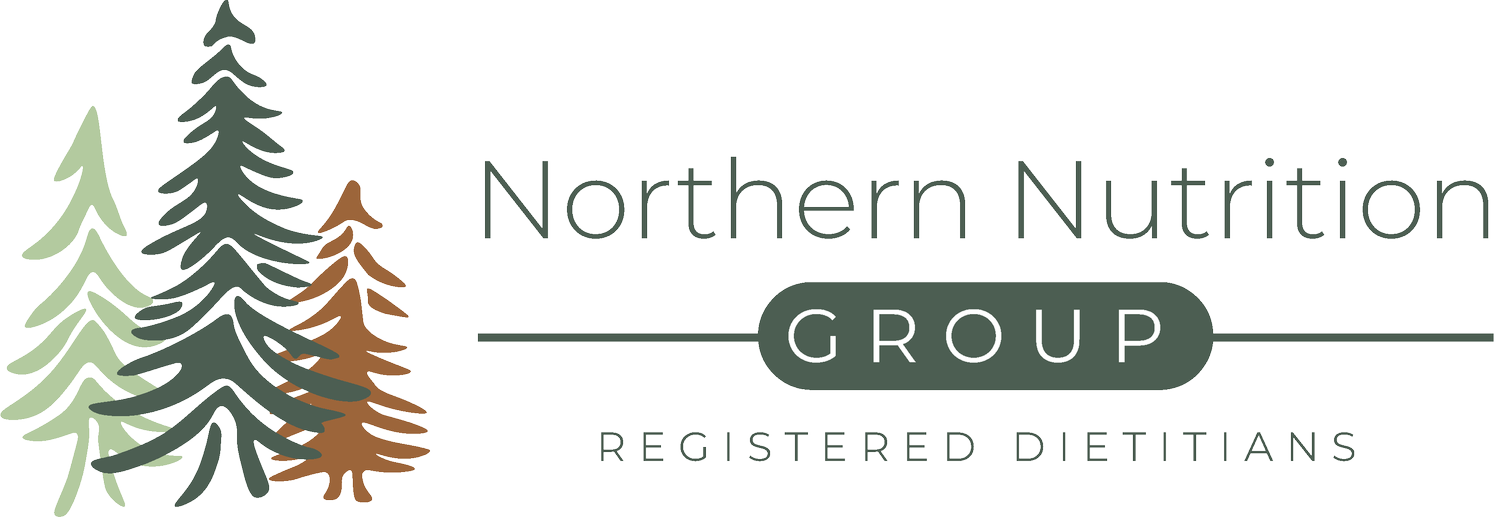The Great Egg Debate: Have We Made Up Our Minds Yet?
It’s hard to think of a more polarizing food than the humble egg. For decades, it’s been praised as a nutritional powerhouse.. just to then be fiercely condemned as a cholesterol bomb. But what is it about eggs that have people’s heads on a swivel?
Perception of Eggs Through History
In the early 20th century, eggs were celebrated for their high-quality protein, affordability, and versatility (USDA, 2020). They were a staple on breakfast tables worldwide, recognized for their nutrient density and culinary adaptability.
However, things took a turn in the 1960s and 1970s, when research linked high blood cholesterol to heart disease (Keys, 1970). Because eggs contain about 186 mg of cholesterol per large egg (USDA, 2020), they were quickly vilified. For decades, health authorities recommended limiting egg consumption to reduce heart disease risk.
Fast forward to the early 2000s: New research began to challenge this view. Studies found that for most people, dietary cholesterol has only a modest effect on blood cholesterol levels (Fernandez, 2012; Berger et al., 2015). This is because the body carefully regulates cholesterol production—if you eat more dietary cholesterol, your body produces less endogenous cholesterol. Genetics, not diet, play a bigger role in determining these levels in most individuals (McNamara, 2000).
Today, the consensus is that eggs (as with nearly all foods) can absolutely fit into a healthy eating pattern for most people. The 2020–2025 Dietary Guidelines for Americans even acknowledge that eggs are a nutrient-rich food, providing high-quality protein, vitamins, and minerals (USDA, 2020).
Food Science over Food Trends
The egg’s journey from hero, to villain, and back again, is a reminder that nutrition science is always evolving - and so are food fads. If you want to learn more about how to make all foods fit into a healthful lifestyle, and stop listening to trends that constantly have various foods labeled “good” or “bad” (and these labels seem to switch every year, don’t they?) - reach out to a Registered Dietitian at Northern Nutrition Group today.
Summer Corn & Herb Frittata
Ingredients:
4 large eggs
1/2 cup fresh or frozen corn kernels
1/2 cup cherry tomatoes, halved
2 tbsp fresh basil or chives, chopped
1/4 cup crumbled feta or goat cheese
1 tbsp olive oil
Salt and pepper to taste
Instructions:
Preheat your oven to 400°F (200°C).
In a bowl, whisk the eggs with a pinch of salt and pepper.
Heat the olive oil in a small oven-safe skillet over medium heat.
Add the corn and sauté for 2–3 minutes until slightly tender.
Add the cherry tomatoes and cook for another 1–2 minutes until they start to soften.
Pour the beaten eggs into the skillet, stirring gently to distribute the veggies.
Sprinkle with crumbled feta and fresh herbs.
Cook on the stovetop for 2–3 minutes, then transfer to the oven.
Bake for 8–10 minutes until the eggs are set and lightly golden.
Let cool slightly, slice, and serve!
Sources:USDA. (2020). Eggs: Nutrient Profile.Keys, A. (1970). Coronary heart disease in seven countries. Circulation.Fernandez, M.L. (2012). Rethinking dietary cholesterol. Current Opinion in Clinical Nutrition and Metabolic Care.Berger, S. et al. (2015). Dietary cholesterol and cardiovascular disease: A systematic review and meta-analysis. The American Journal of Clinical Nutrition.McNamara, D.J. (2000). Dietary cholesterol and plasma lipoprotein cholesterol concentrations. Journal of Nutrition.
Written by Kylie ConnerKylie specializes in: Oncology - supporting individuals through cancer treatment, remission, malnutrition, food aversions, enteral nutrition, and preventive strategies. PCOS & Fertility - weight-inclusive care for hormonal balance, menstrual health, and fertility support. Cardiovascular Disease - heart disease, high cholesterol, high blood pressure, and related conditions. Chronic Disease Prevention and Management - focusing on sustainable, non-restrictive approaches to improve long-term health and reduce risk.
